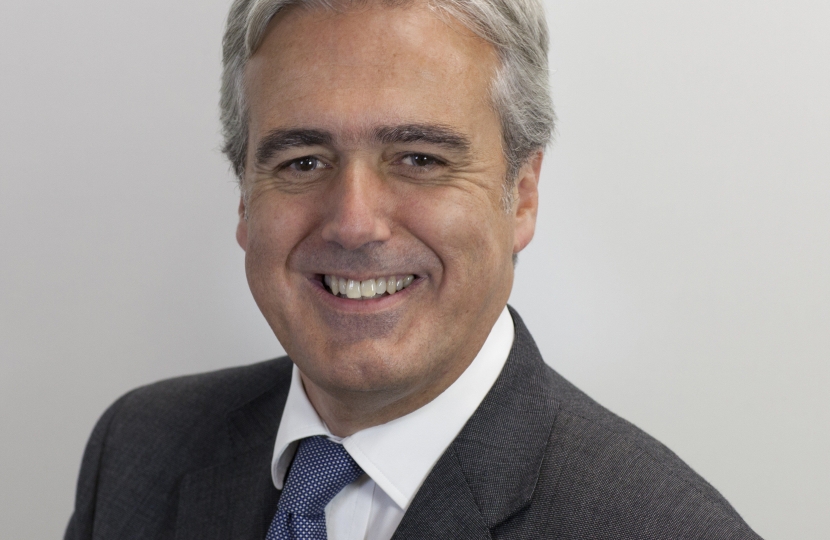
Last week the disagreement between the government and the junior doctors reach a peak. As they embarked on yet another round of strikes, the government's negotiator finally accepted that the British Medical Association would not reach an agreement, and so the government has imposed a pay deal on junior doctors.
This is a pretty big deal. For a government to impose a pay deal is a very confrontational approach.
What is astonishing is that this is a pay deal where the government has increased pay rises from 11% to 13.5%, has cut maximum working hours and has met 90% of the demands of the BMA - the same BMA that opposed the creation of the NHS over 60 years ago and was over-ruled then. The health secretary has even, in addition to the pay deal, ordered that we look into the general well being of junior doctors and see how to improve morale.
So what is behind this confrontation - a battle that has been going on for around three years?
Eight surveys in the last five years have concluded that patient outcomes are worse for people accessing the NHS over weekends. Anyone looking for treatment will already know that they can't get treated on weekends, but emergency care is less than optimal at these times. The government has promised a 7 day NHS and so the junior doctors deal is designed to make weekends less unusual in terms of overtime so managers are not encouraged by financial outcomes to roster staff away from hospitals at weekends. This happens in the private sector, of course, and emergency services already where weekend rostering is normal.
So the result is a massive clash. On the one side, the hard working junior doctor with the soothing bedside manner; on the other, the hard nosed politician, no doubt with his or her snout in the trough.
Yet politicians not taking action on behalf of their constituents results in appalling outcomes. The Mid Staffs scandal (and there are others as well) resulted, in part, from politicians lacking the guts to stand up to what was plainly wrong. Politicians are not in the business of having a row just for the sake of it. We are all elected as representatives of our communities to best serve our communities. Ensuring best outcomes for patients is absolutely central to that aim. That is why I support the action that has been taken.
